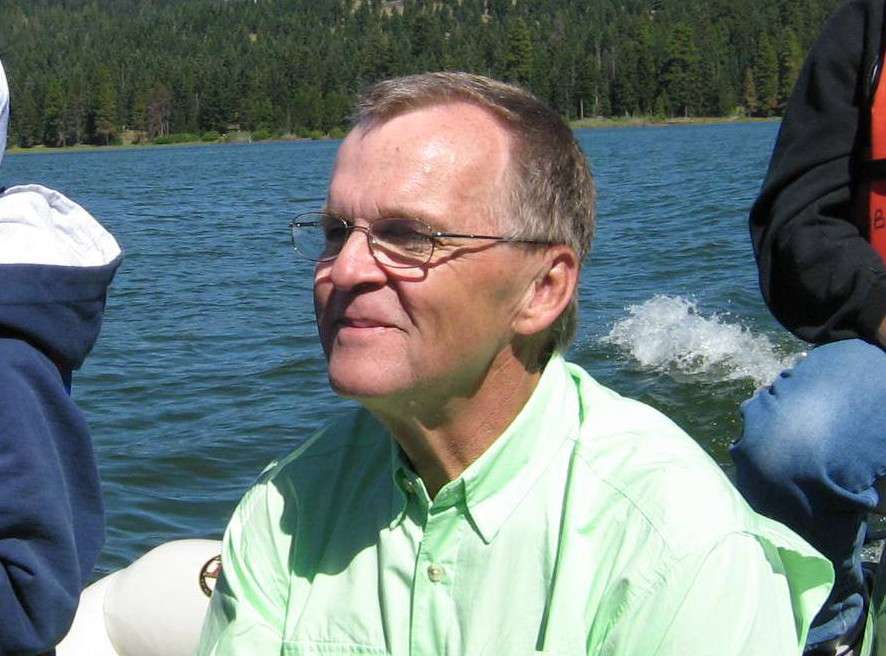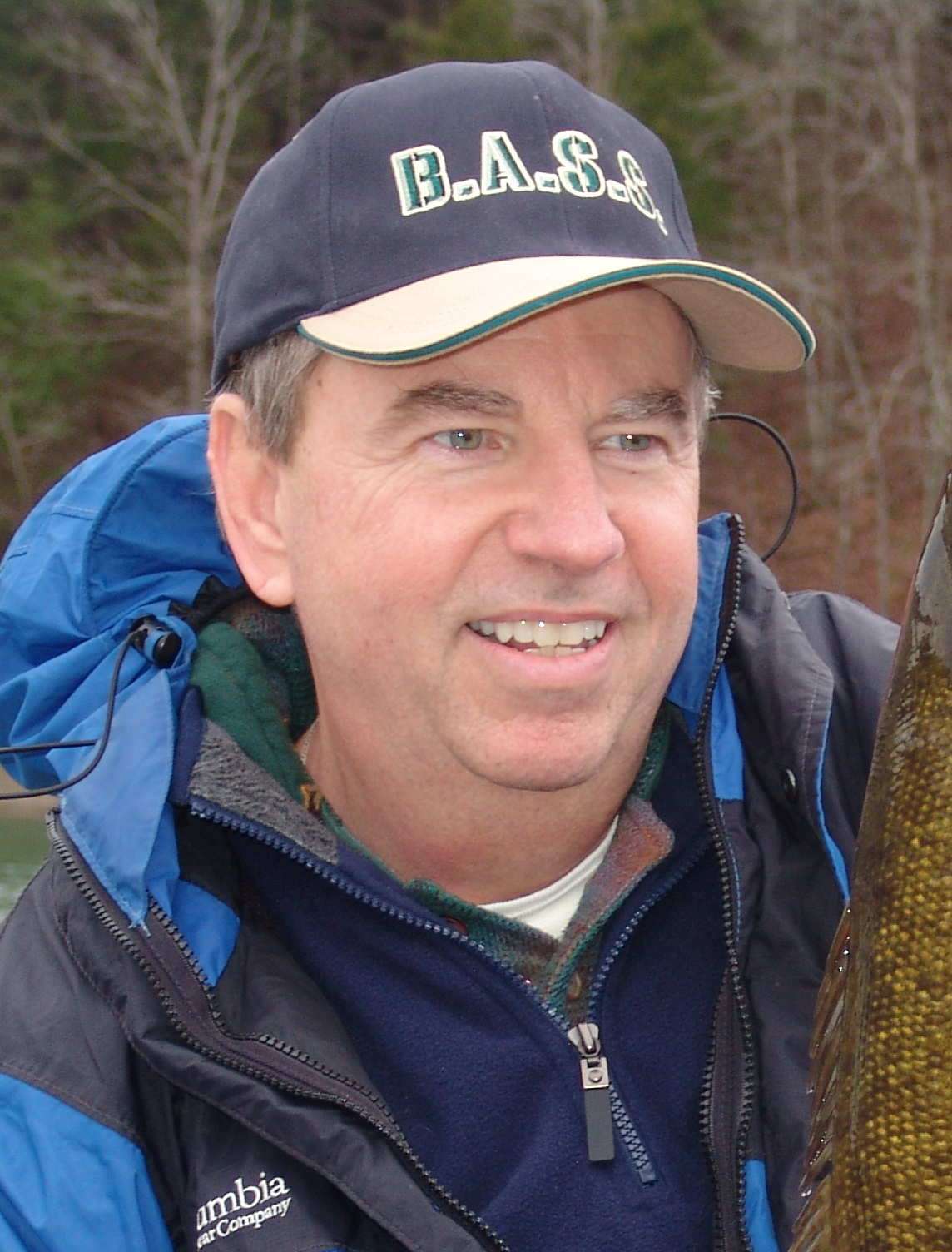
GRANTS PASS, Ore. — Dealing with the bias against bass and other warmwater species is a never-ending challenge for Lonnie Johnson, Oregon B.A.S.S. Nation (OBN) conservation director.
“Warmwater anglers are perceived to be bad for fishing and bad for Oregon,” said the Vietnam veteran and a member of the Central Oregon and Crater bass clubs. “The plain truth is that there is plenty of room at the table for everyone. There is no such thing as ‘my fish is better than your fish.’”
Both bass and salmon, as well as the anglers who pursue them, can peacefully coexist, he added. “Perceptions are what drive the bias, not reality. My job is to challenge and change those perceptions.”
To emphasize their willingness to be responsible stewards, OBN and other bass organizations created the Turn In Illegal Introductions program four years ago. Starting in 2016, it will be in place statewide, offering a reward for the arrest and conviction of anyone caught illegally introducing species into a waterbody.
Acting also as a political liaison, Johnson keeps communication open and active between the state’s bass anglers and the Oregon Department of Fish and Wildlife (ODFW).
“There are a lot of other functions,” he said. “But liaison is the big-time consumer. I am able to coordinate some great habitat projects.”
Projects include improving habitat by planting willows and placing spider blocks, as well as moving bass — with ODFW approval and assistance — from lakes with an overabundance to those in need of a population boost.
“Because Oregon does not have any bass hatcheries, we spend a fair amount of time transferring fish,” said Johnson.
At one fishery, he recalled, “we caught 2,200 bass from 7 a.m. to 2 p.m. and transferred them to another lake. In fact, we had so many bass, we had to turn some of them back because there was no room in the ODFW tank.”
Additionally, Johnson is working to introduce the ReBaits program in his state, to help ensure used plastics are properly disposed of, instead of being discarded around or in fisheries.
“After watching some Northeastern states almost losing their ability to fish, I thought it was important for Oregon to be proactive in keeping soft plastics out of the watershed,” he said.
As a complement to his job as OBN conservation director, Johnson serves as president the Oregon Black Bass Action Committee, a group he helped organize to assist with conservation and habitat restoration efforts in southern Oregon.
In Oregon especially, he emphasized, the role of state conservation is vital.
“You act as a watchdog for upcoming issues. You help facilitate habitat and enhancement events. And you try to convince the non-believers that you are truly interested in conservation.”





